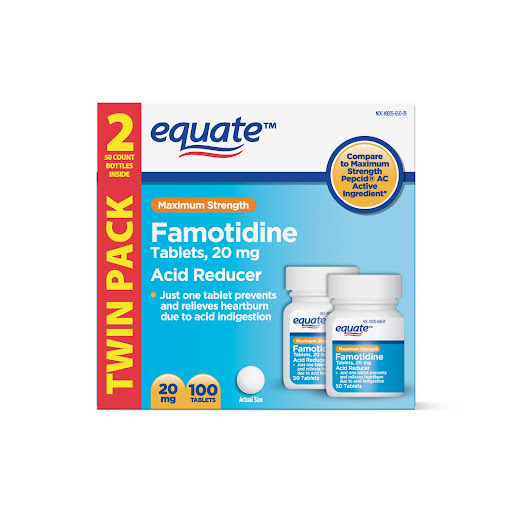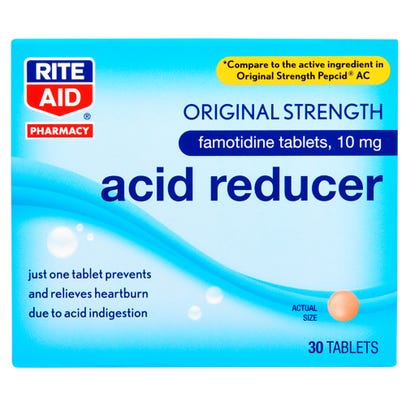
Acid reducer pills are a type of medication commonly used to treat conditions caused by excess stomach acids, such as heartburn and indigestion. These medications work by reducing the amount of acid in the stomach, helping to alleviate symptoms and prevent further damage to the digestive system. However, despite their effectiveness, there are some risks and potential side effects associated with their use.
There are several types of acid-reducer pills available on the market, and it is important to understand how they differ from one another to choose an appropriate treatment option. Antacids, for example, are the most commonly used type of over-the-counter (OTC) acid reducer pill. These medications contain ingredients that help neutralize stomach acids quickly, providing relief from symptoms like heartburn or indigestion within minutes. Antacids should be taken when symptoms first start occurring and may need to be taken multiple times throughout the day for best results. Commonly used antacid ingredients include aluminium hydroxide and magnesium hydroxide, although there are many other formulations available on shelves today. Reduce uric acid pills are commonly used to alleviate symptoms associated with acid reflux, heartburn, and other gastrointestinal disorders.
H2 blockers, on the other hand, are a class of drugs that work by blocking histamine receptors in cells lining your stomach walls which reduce the amount of acid produced in your body, thus relieving symptoms like heartburn or reflux disease (GERD).

The benefits of taking acid-reducer pills include reducing heartburn, improving digestion, and treating ulcers caused by acid reflux over time if left untreated. However, it is important to be aware of the risks and precautions associated with these medications. The most common risk associated with acid-reducer pills is stomach ulcers or bleeding in the gastrointestinal tract. Long-term use of these medications may increase your risk of developing ulcers or bleeding because they reduce the amount of protective mucus in your stomach lining. It is important to talk to your doctor if you experience any signs or symptoms that could indicate a stomach ulcer or bleeding such as black stools, abdominal pain, nausea or vomiting.
In addition, some people may experience side effects from taking acid-reducer pills including headache, dry mouth, diarrhoea, and constipation. It is important to discuss any side effects with your doctor as they can be a sign of an underlying problem that needs medical attention.
Although rare, some people may experience serious allergic reactions when taking certain types of acid-reducer pills such as omeprazole (Prilosec). Symptoms can range from mild hives and itching to severe difficulty breathing and chest tightness. If you experience any of these symptoms, seek medical attention immediately.
It is important to note that acid-reducer pills should only be used as directed and for short-term relief of symptoms. Long-term use of these medications may lead to serious health problems. It is also important to speak with your doctor before taking any new medication, especially if you have any preexisting medical conditions or are taking other medications.
If you are experiencing symptoms related to excess stomach acid, there are some lifestyle changes you can make in addition to taking acid-reducer pills. These include eating smaller meals more frequently throughout the day, avoiding foods that trigger symptoms (such as spicy or fatty foods), and avoiding lying down or going to bed immediately after eating. In addition, quitting smoking and losing weight (if necessary) can also help alleviate symptoms.
Conclusion:
Acid-reducer pills can be an effective way to treat symptoms related to excess stomach acid, but it is important to be aware of the risks and potential side effects associated with their use. Always follow your doctor’s instructions and speak with them if you have any concerns or questions about your medication. Additionally, consider making lifestyle changes to help alleviate symptoms and improve your overall digestive health.
You may be interested in: Top 5 Benefits of Using CBD Oil

